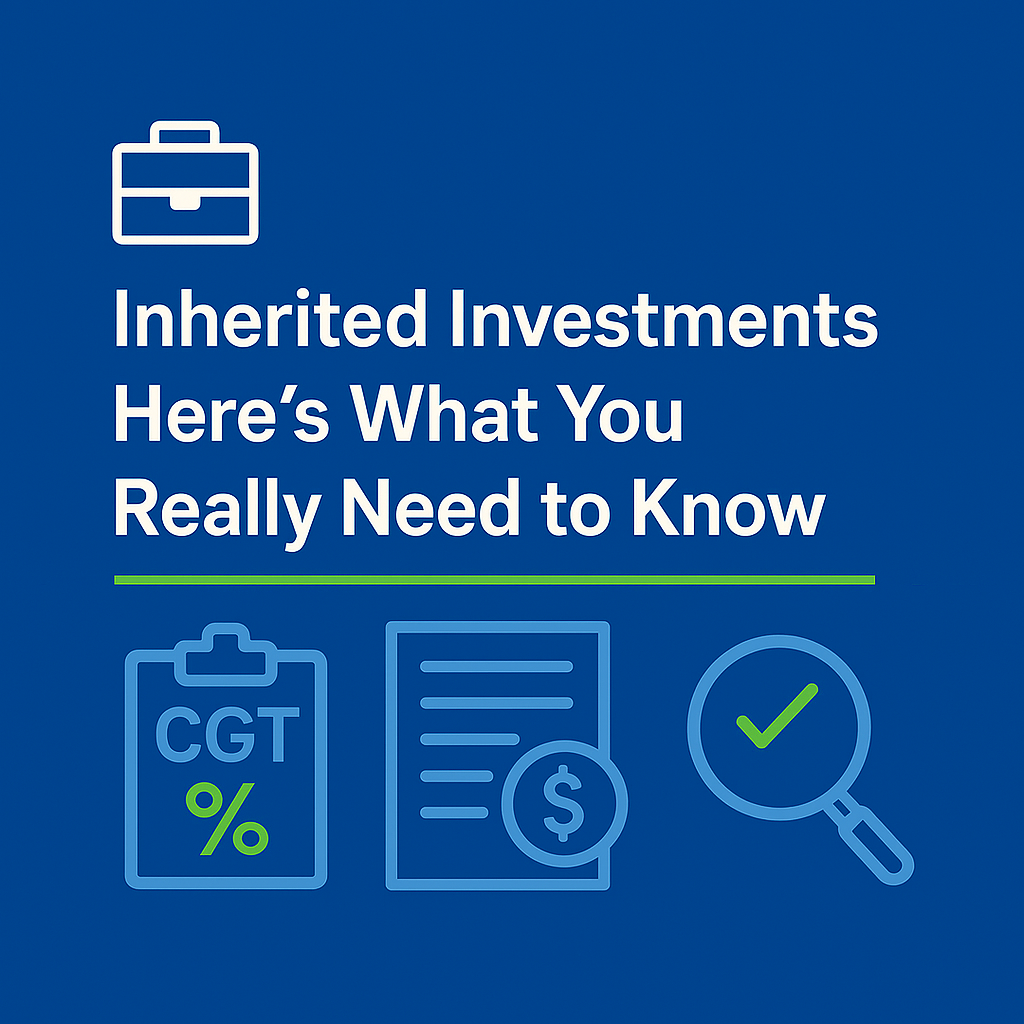We may need to talk about your family trust
You may have read about a recent court decision affecting some family trusts. In a case called Bendel, published on 19 February 2025, the Full Federal Court unanimously held that the private company beneficiary of a discretionary trust has not made a “loan” or “financial accommodation” to the trust merely by not calling for the payment of its trust distribution.
This item only applies to clients with business structures involving trusts that have private corporate beneficiaries where the private company has not called for payment of a trust distribution, thereby creating an unpaid present entitlement (UPE).
It’s a fine distinction, but Full Court said that in order for there to be a loan there has to be an obligation to repay an amount, which does not apply to a UPE as there is no legal obligation to repay anything.
Since 2010 the ATO has been operating on the basis that a UPE owing by a trust to a corporate beneficiary is a loan for the purposes of the Division 7A rules. These rules catch disguised distributions made by private companies to their shareholders or associates.
If the “loan” remains unpaid at the time of lodgement of the company’s tax return, the UPE amount is treated as an unfranked dividend in the hands of the trust unless the company and the trust enter into a complying loan agreement involving both capital and interest payments. This avoids the deemed dividend outcome but usually involves some tax costs and can also create funding and compliance issues for the trust.
The ATO has responded to the Full Court’s decision by seeking special leave to appeal to the High Court. The outcome of the special leave application may not be known for some months, and if special leave is granted there is unlikely to be a decision much earlier than Christmas.
In the meantime, the ATO has revised its earlier Decision Impact Statement (DIS) by announcing that it will continue to apply its existing practice of treating UPEs as loans, in defiance of the Full Court’s decision. This is not the first time the ATO has felt entitled to ignore the law of the land, and it is not something taxpayers could hope to get away with.
Even if its High Court challenge is unsuccessful, the ATO could approach the government for a law change. The previous Coalition government announced in the 2018-19 Budget that it would legislate to make it clear that corporate UPEs are caught under Division 7A. To date, nothing has been done by either side of politics to follow through on that announcement but, depending on what happens in the High Court, a legislative response cannot be ruled out.
If the Full Court’s decision stands (a big if) there will be major implications for discretionary trusts with corporate beneficiaries. In the longer term, it would make the funding of discretionary trusts a lot easier, while also reducing compliance costs.
In view of all this uncertainty, there is the question of what to do about 2023-24 UPEs. While taxpayers would be within their rights to rely on the Full Court’s decision by not converting those UPEs into complying loan agreements, there are risks associated with that course of action which we need to discuss with you. A safer approach might be to follow the Commissioner’s approach for now and lodge objections to protect your rights.
A decision needs to be made one way or the other by the time the relevant company returns are due for lodgement, which isn’t far off.











